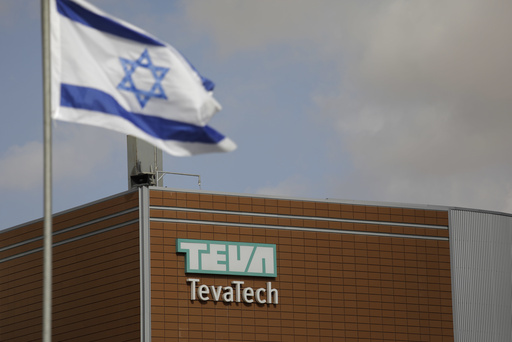
BRUSSELS — On Thursday, the European Commission revealed that Israeli pharmaceutical company Teva has been penalized with a fine exceeding 460 million euros (approximately $500 million) for its inappropriate maneuvers aimed at preserving the patent of its multiple sclerosis medication and maligning a competing firm’s efforts in the development of a similar product.
The commission stated that Teva “misutilized the patent system to unjustifiably extend the patent protections” of its renowned MS treatment, Copaxone, which contains the compound glatiramer acetate.
According to the commission, the company engaged in a “disparagement campaign” against Synthon, the sole other firm in Europe with a licensed drug featuring glatiramer acetate. The commission’s statement indicated that Teva disseminated information that contradicted the assessments made by health authorities, attempting to cast doubt on the safety, effectiveness, and therapeutic equivalence of Synthon’s product.
Teva’s officials allegedly targeted healthcare professionals and organizations responsible for drug pricing and reimbursement with the intention of delaying or obstructing the competitor’s market entry in multiple countries.
The commission emphasized that Teva’s strategies could have hindered significant cost savings for numerous European nations, given that alternative versions of the medication might be up to 80% less expensive than Copaxone. Consequently, Teva must pay a fine totaling 462.6 million euros ($502 million) and is mandated to desist from employing similar tactics in the future.
In the previous year, Teva faced a $225 million settlement in the United States concerning price-fixing allegations related to a cholesterol-lowering medication. The Department of Justice noted that the settlement also included a requirement for Teva to sell off its business linked to the production and distribution of pravastatin, a generic equivalent of the branded drug Pravachol.
As of now, Teva representatives have not provided a comment in response to the news.
